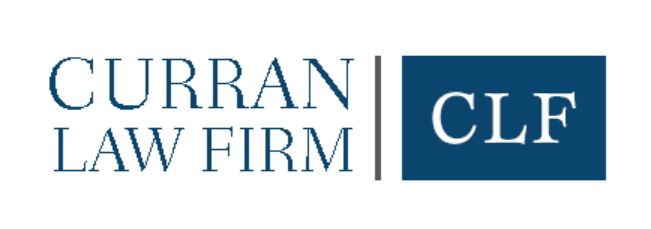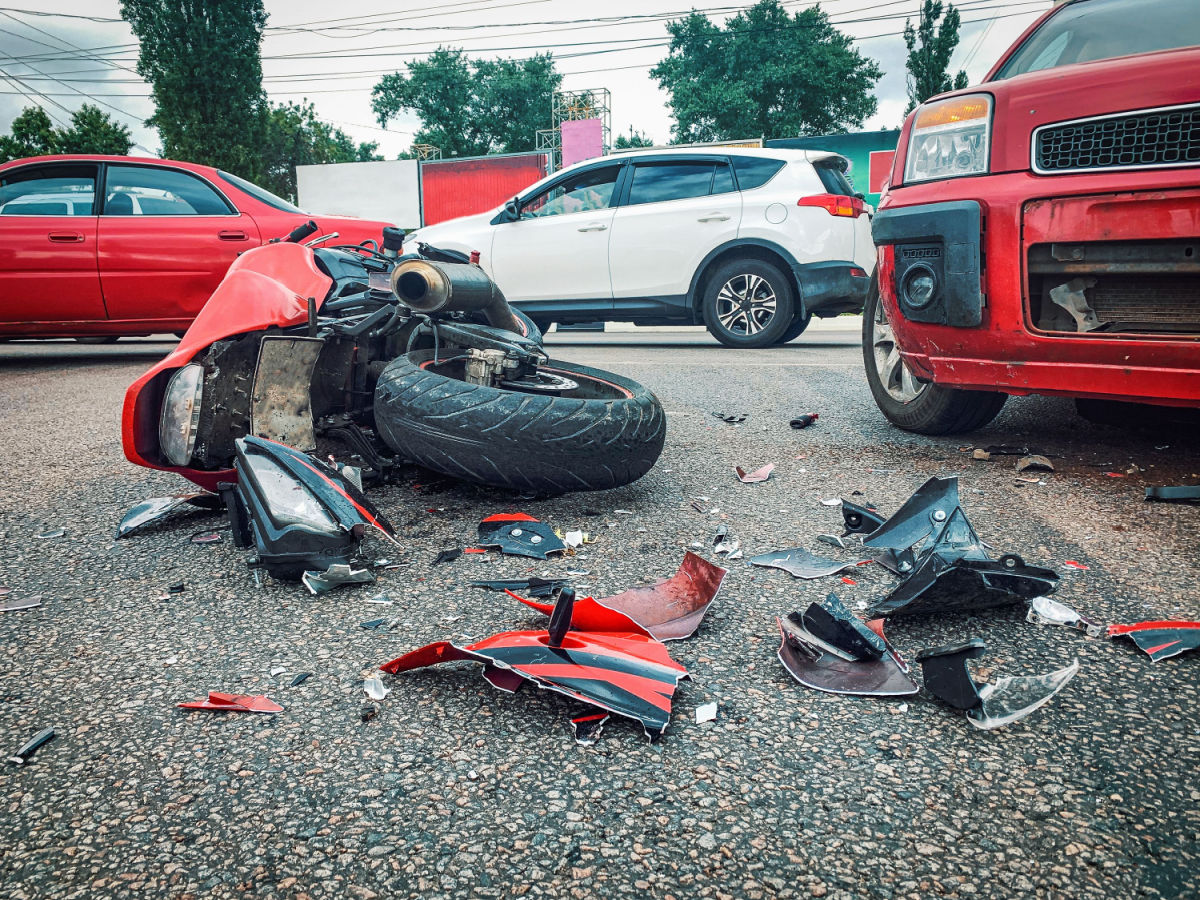Missouri law actually prevents judges from telling juries that there is insurance involved in a lawsuit. The general basis for this rule is because they don’t want jurors to exaggerate verdicts just because there’s insurance involved. Jurors aren’t stupid, of course, and know that we’re all required to carry car insurance, and generally carry other insurance, too.
Unfortunately, by hiding the existence of insurance from the jury, jurors tend to specifically believe that there is no insurance available, and as a result frequently actually reduce their verdict to less than what they think is fair based on the incorrect assumption that the person who is being sued will have to pay it out of their own pocket.
I’ve had jurors ask me after a trial’s over “Why didn’t you sue the insurance company instead of suing the driver?” And the answer of course is: “Because Missouri law won’t let me! I wanted to tell you that there’s insurance to pay the verdict, but the judge wouldn’t allow me to.”
Here’s a typical quote from a Missouri court opinion addressing that issue (Carter v. Wright, 949 S.W.2d 157 (Mo.App. W.D. 1997):
Generally, it is improper to admit evidence that a defendant has or does not have liability insurance. Annen v. Trump, 913 S.W.2d 16, 23 (Mo.App. W.D.1995). “Only in rare cases where relevancy is clearly shown should the fact of the existence of insurance coverage be admissible.” Stanford v. Morgan, 588 S.W.2d 89, 91 (Mo.App. W.D. 1979) (quoting Stafford v. Far-Go Van Lines, Inc., 485 S.W.2d 481, 493 (Mo.App. W.D. 1972)).
Hypothetical Example: Suppose Mr. Smith works for XYZ Corporation and is driving one of their corporate vehicles during his work shift one day. Allstate Insurance Company insured XYZ Corporation and its vehicles. Mr. Smith isn’t paying attention and crashes into another vehicle, injuring Mr. Johnson.
Under Missouri law, Mr. Johnson can only make claims against (i) the person who hurt him (Mr. Smith) and (ii) the business that Mr. Smith was actively working for at the time of the incident (XYZ Corporation).
But Mr. Johnson is not allowed to sue Allstate: Allstate wasn’t driving the car, and Mr. Smith was not actively working for Allstate at the time of the crash.
Nobody likes to read insurance policies (including me). But if you ever actually do read one, you’ll see that when you really reduce a car insurance policy to its bare minimum, it basically says:
If someone sues you (Driver) because of the way you drove your car, we (Insurance Company) will write a check to pay the full amount of the jury’s verdict, up to the maximum amount of the insurance policy you bought.
And that essentially sums it up: the person who gets sued is the person or company that caused (or partially caused) the injury, not the insurance company. The injured person can’t sue the insurance company, because the insurance company didn’t cause the injury.
Even though everybody in the courtroom except the jurors knows that there is insurance in the case, the judge forbids the injured person’s lawyer from telling the jury that there is insurance.
Because jurors don’t know how to the system works and tend to give the injured person less when they believe that there is no insurance, I think this rule is very unfair and should be changed. Jurors are intelligent people, and we should trust them to issue a fair verdict, regardless of whether or not they know an insurance company will pay the verdict amount. But withholding information from them doesn’t make sense.




